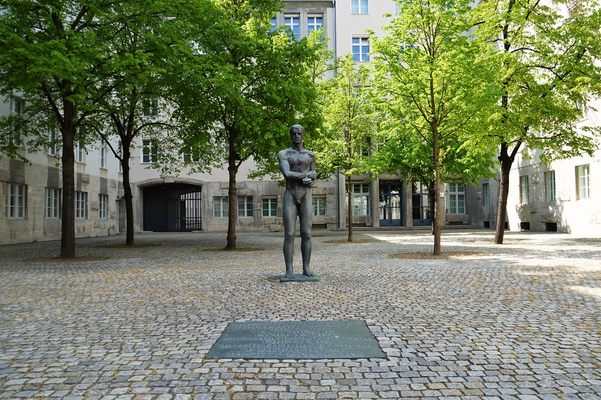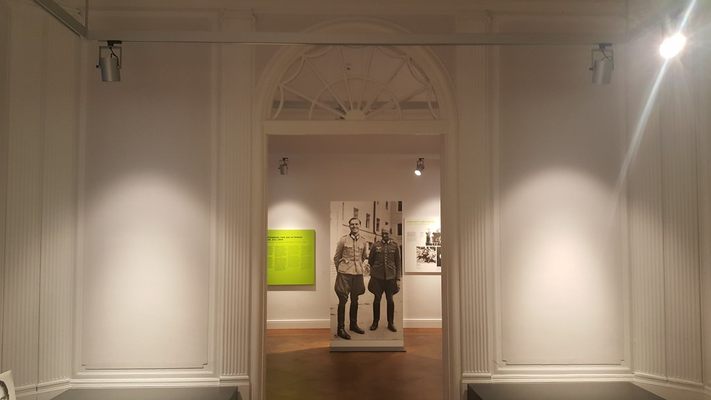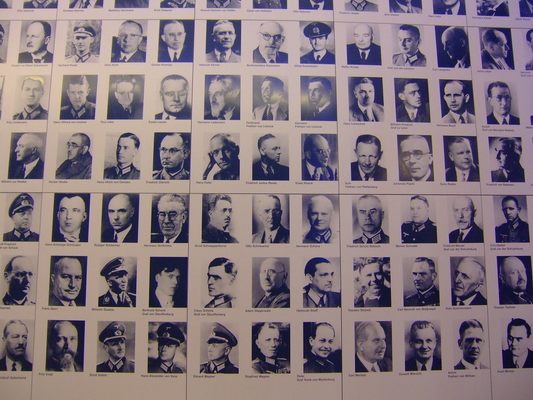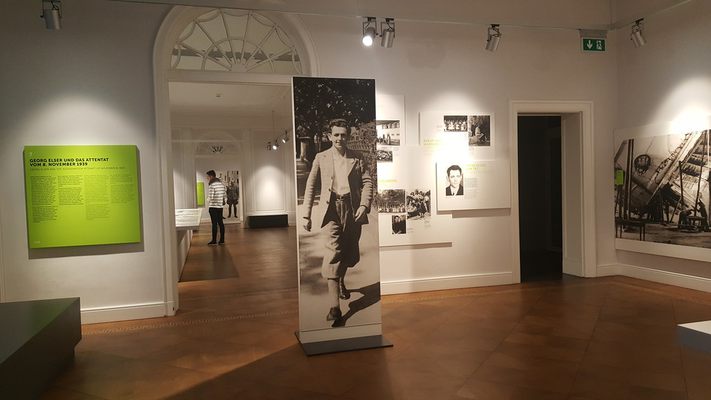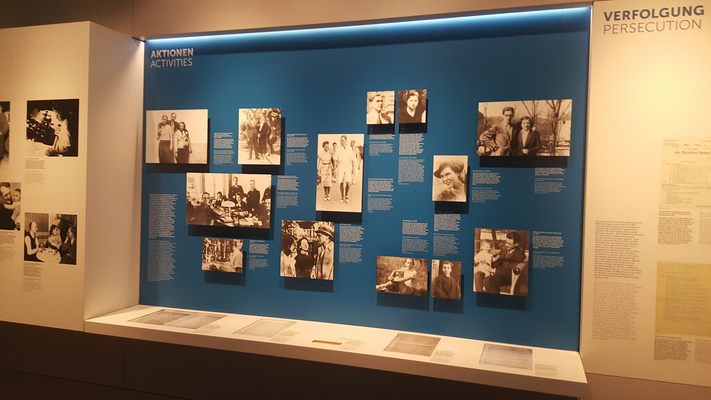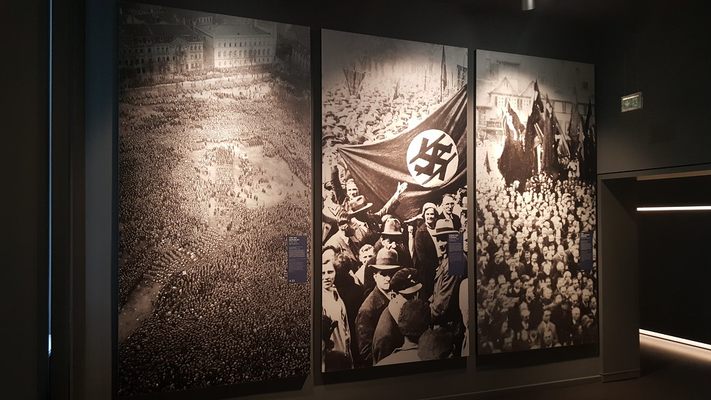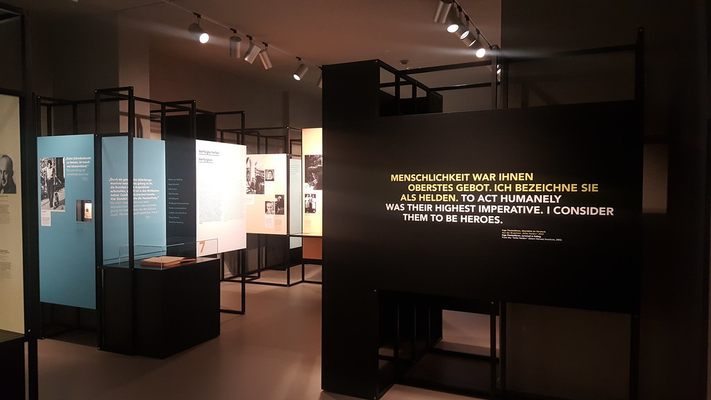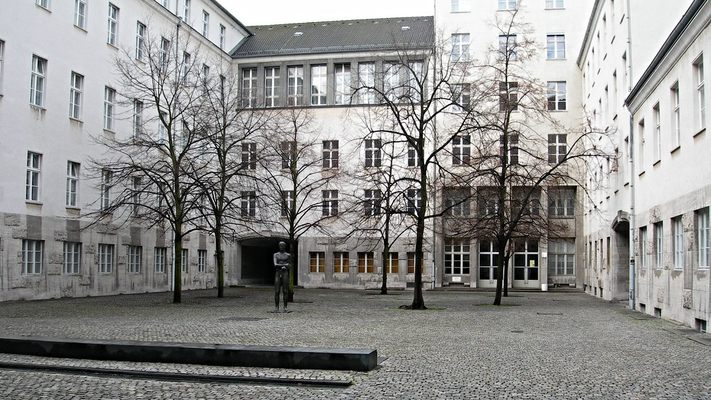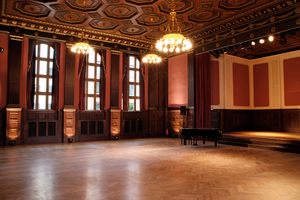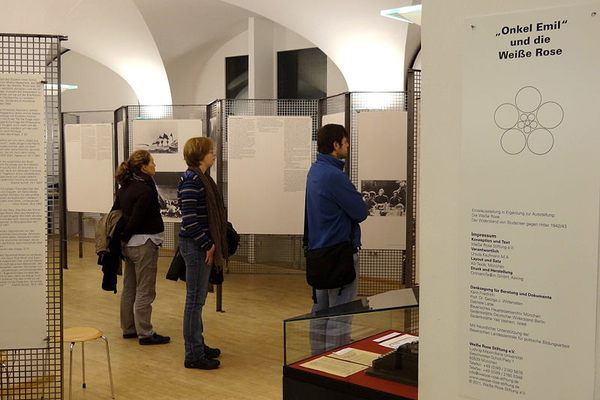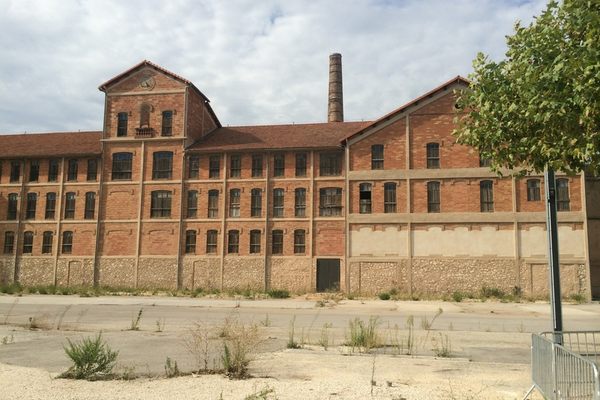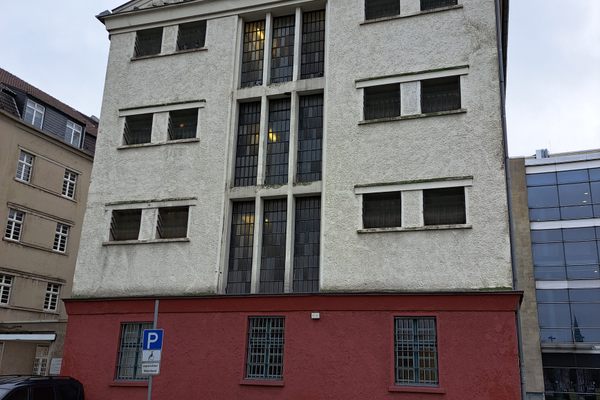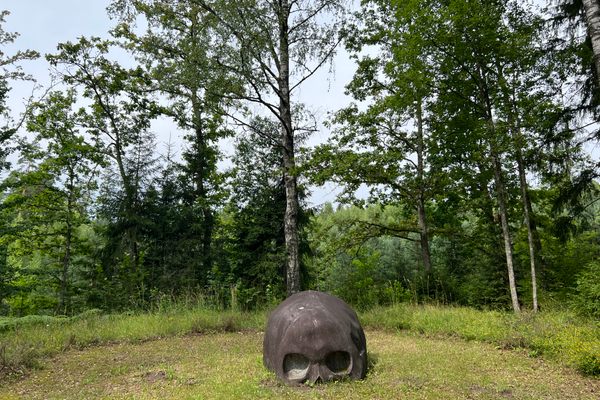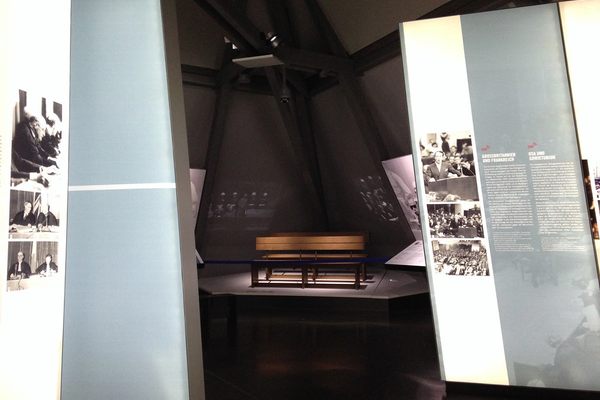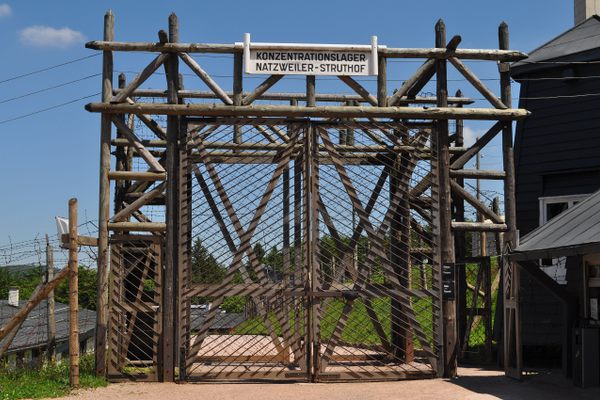About
On the Bender block of Berlin, a Neoclassical building houses the former office of the iconic Claus Von Stauffenberg, the courtyard where he was executed, and a museum that commemorates the German resistance against Hitler.
By the mid 1940s, with the coming defeat of the country seeming inevitable tensions between the German military and Hitler and the Nazis had all but reached a breaking point. A plot to assassinate Hitler and overthrow the Nazi regime was hatched by top military men, which would be followed by a declaration of peace to the Allied powers.
A key figure in this plot was Claus von Stauffenberg, an army officer and aristocrat who had become disaffected with the Nazis due to learning about their crimes against humanity. He believed that Hitler's megalomania would lead Germany to ruin.
Many of the conspirators' discussions took place right under the noses of Nazi leaders, in the Bendlerstrasse building that served as their daytime offices. After several failed assassination attempts, a desperate von Stauffenberg himself traveled to occupied Poland to the site of Hitler's bunker. He carried a bomb hidden inside a suitcase to a meeting chaired by Hitler before leaving the room and quickly escaping to a light aircraft that took him to Berlin.
Though the bomb detonated and injured the dictator, the attempt ultimately failed. Upon returning to the city, von Stauffenberg returned to their offices to plan the second phase of the coup: a military uprising that they hoped would culminate in the overthrow of Hitler’s Nazi underlings. But, the conspirators were astonished to learn that their assassination attempt had failed. Hitler had not only survived but was now seeking revenge on his would-be assassins. The group was also confronted by the betrayal of one of their own. General Friedrich Fromm sought to save his own life by identifying and executing the conspirators, thus hiding his complicity in the plot.
Soldiers surrounded the Bendlerblock and after a brief shootout (in which Stauffenberg was shot in the shoulder and wounded) the troops managed to capture the group, They were immediately put before a firing squad in the courtyard and executed.
After the fall of the Third Reich and during the decades of the Cold War in Berlin, the Bendlerblock was used for strictly non-military purposes, occupied by a succession of various civilian and federal agencies.
But in 1980, a memorial center was inaugurated at the building to commemorate the German resistance. Today this poignant memorial center and excellent museum chronicles the history of the 20 July Plot and its key figures, as well as that of the wider German resistance movement against the Nazis.
Related Tags
Know Before You Go
The German resistance memorial center is open Monday to Friday from 9 a.m. to 6 p.m., and on weekends from 10 a.m. to 6 p.m.
There is no entrance fee and the center is free to visit.
Community Contributors
Added By
Published
March 18, 2022
